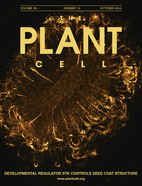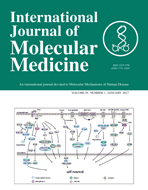 After researchers in China included the same images in two papers published online one month apart, one paper has been retracted, and the other flagged with an expression of concern.
After researchers in China included the same images in two papers published online one month apart, one paper has been retracted, and the other flagged with an expression of concern.
According to the retraction notice in the International Journal of Molecular Medicine (IJMM), the authors intended that the two different papers offered “different research perspectives.”
Meanwhile, the Chinese Medical Journal — which published the same images one month later — has issued an expression of concern (EOC), noting it “should not be considered as a statement regarding the validity of the work.” Both papers describe how cells regulate blood flow to the retina.
Normally, journals choose to retract the most recent paper containing duplicated images, but in this case, the IJMM paper was published online in February 2016, and the Chinese Medical Journal in March.
Here’s the retraction notice: Continue reading Authors use same images in two studies — one is retracted, the other flagged by journal
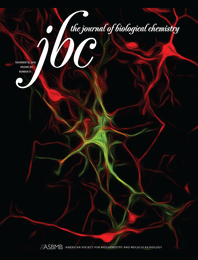 In November, a vice president at an institution in Taiwan
In November, a vice president at an institution in Taiwan 
 Following a journal probe and questions on PubPeer about their work, authors in Spain have issued four corrections, citing missing raw data for experiments conducted more than 10 years ago.
Following a journal probe and questions on PubPeer about their work, authors in Spain have issued four corrections, citing missing raw data for experiments conducted more than 10 years ago.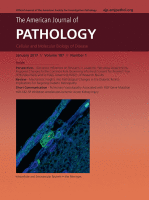 A pathology journal is retracting two papers after an investigation at the last author’s institution in Germany found evidence of scientific misconduct.
A pathology journal is retracting two papers after an investigation at the last author’s institution in Germany found evidence of scientific misconduct.
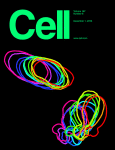 2013 probably felt like it was going to be a great year for stem cell biologist
2013 probably felt like it was going to be a great year for stem cell biologist 
